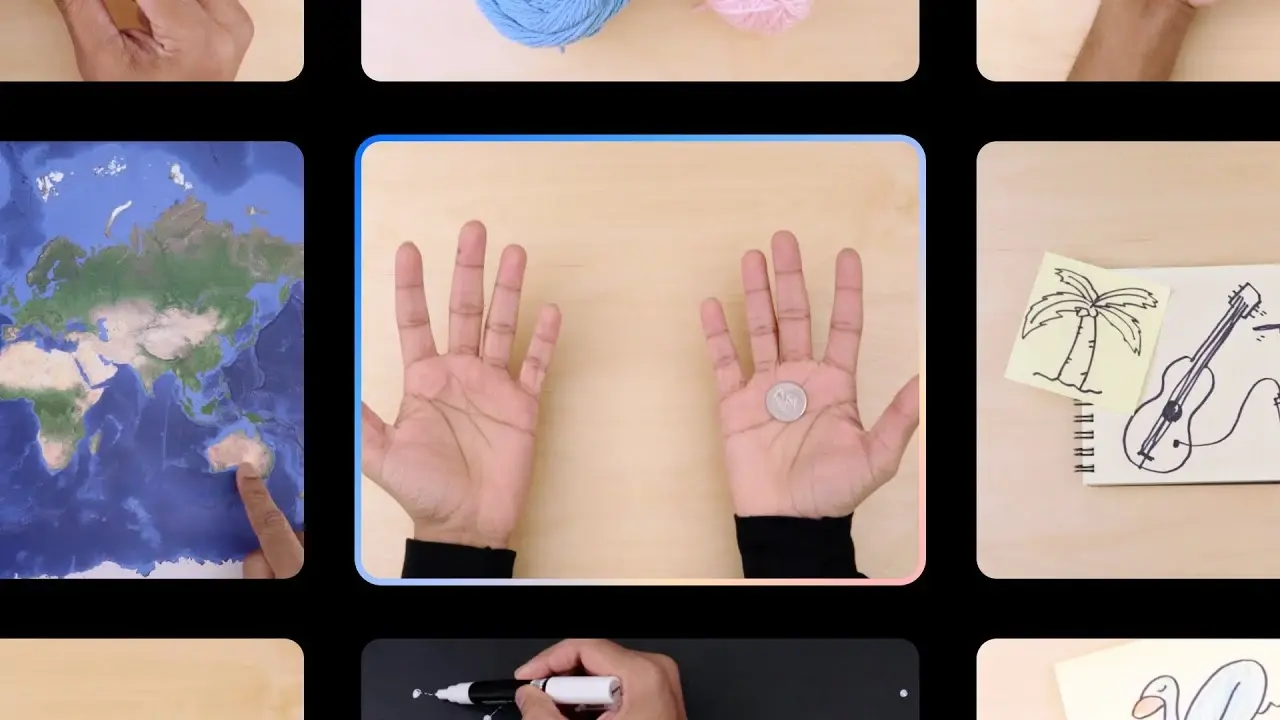

Yeah something like the CX22 https://www.hetzner.com/cloud/ which is € 4.51 / month is enough for lemmy.
What I do instead is I host a series of services on my VPS and I pay about 20 EUR/month
- Lemmy
- Mastodon
- PeerTube
- my ruby on rails website + blog
- my old PHP website + blog
- another old PHP blog
- my sisters PHP website
- my sisters static website
- Firefox Sync server
- my bands static website
- a matrix server with some bridges
- a syncthing instance
- a TTRSS instance
- another static website
and I probably forgot some things.




















Yeah, both with Mastodon, PeerTube and Lemmy I started on my own instances. Actually not quite, I had an Mastadon account for a day somewhere before I decided that I want to use it for real and installed my own instance.